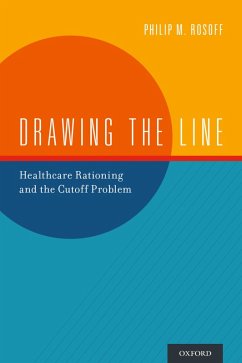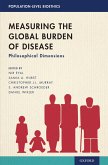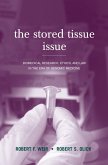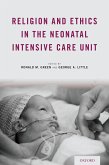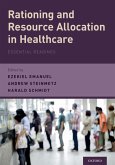Unlike the rest of the advanced industrialized world, the United States does not have a national healthcare system that guarantees that all residents have access to medical services. Over the past century a number of unsuccessful attempts have been made to create and implement a unified, coordinated healthcare system. Piecemeal progress has been made, such as with the passage of Medicare, Medicaid, and the Affordable Care Act. However, the US still has the dubious distinction of possessing the most expensive healthcare in the world as well as health-related outcomes that are shameful for a wealthy country, mostly due to the number of people who lack decent care. The continuing escalation in medical costs is also threatening the financial stability of the nation. In his first book,
Rationing is Not a Four-Letter Word, Philip M. Rosoff argued that the only way to control costs is to impose rationing, and the only way to do so fairly is to have it apply to all. The key to rationing is how it is accomplished. He outlined a general approach to making rationing decisions that involved a comprehensive explication of procedural fairness and illustrated this with the real-life accepted system of solid organ allocation for transplantation. In this book, he discusses how to decide what should and should not be covered in a generous benefits plan for all. He considers a variety of ways this might be done and concludes that the most just approach is to utilize a transparent process in which experts and lay people develop a consensus on what should be covered by focusing on both clinical evidence of need and the effective and appropriate means to address those needs. He also considers the various objections and impediments to this proposal and concludes that they are obstacles that can be successfully met.
Dieser Download kann aus rechtlichen Gründen nur mit Rechnungsadresse in A, B, BG, CY, CZ, D, DK, EW, E, FIN, F, GR, HR, H, IRL, I, LT, L, LR, M, NL, PL, P, R, S, SLO, SK ausgeliefert werden.

